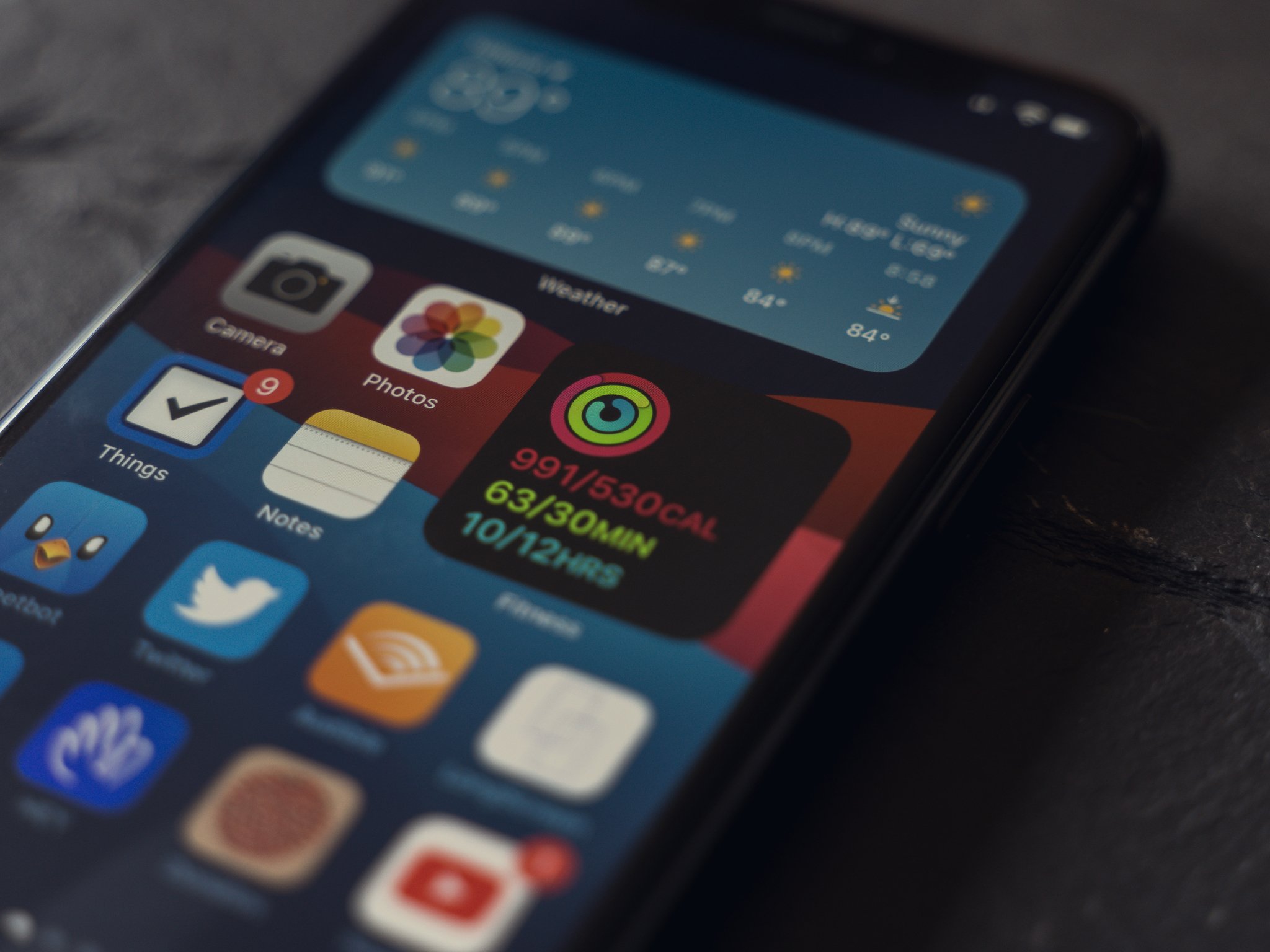A lawsuit between the two last week had just been settled...
What you need to know
- Apple is appealing a lawsuit against Corellium.
- It's over claims that Corellium's iOS virtualization software is a breach of copyright.
- The two had just settled a lawsuit last week.
Apple has filed an appeal in yet another lawsuit against Corellium, after just settling one with the company last week.
Apple has filed multiple claims against the security research outfit over allegations its iOS virtualization software is a breach of copyright. Now Apple has filed an appeal against a ruling in favor of Corellium handed down last year. Reuters reports:
Apple Inc (AAPL.O) on Tuesday appealed a copyright case it lost against security startup Corellium, which helps researchers examine programs like Apple's planned new method for detecting child sex abuse images. A federal judge last year rejected Apple's copyright claims against Corellium, which makes a simulated iPhone that researchers use to examine how the tightly restricted devices function.
The news is a surprise given the two recently settled a major lawsuit over very similar issues last week, whilst the terms of the settlement are not public Corellium is still selling its iOS virtualization software. Whilst the above report also attempts to paint the narrative that the move is somehow linked to Apple's recent CSAM detection measures, Apple has actively encouraged independent security researchers in the community to test its claims about the security and privacy of its system, a call Corellium has gladly taken up as part of its new Open Security Initiative.
Earlier this week the company stated that it applauded Apple's "commitment to holding itself accountable by third-party researchers" and said its platform was "uniquely capable of supporting researchers in that effort." However, Corellium's Chief Executive Amanda Gorton reportedly stated of the recent appeal that "enough is enough" and that Apple could not "pretend to hold itself accountable to the security research community while simultaneously trying to make that research illegal."

0 Commentaires